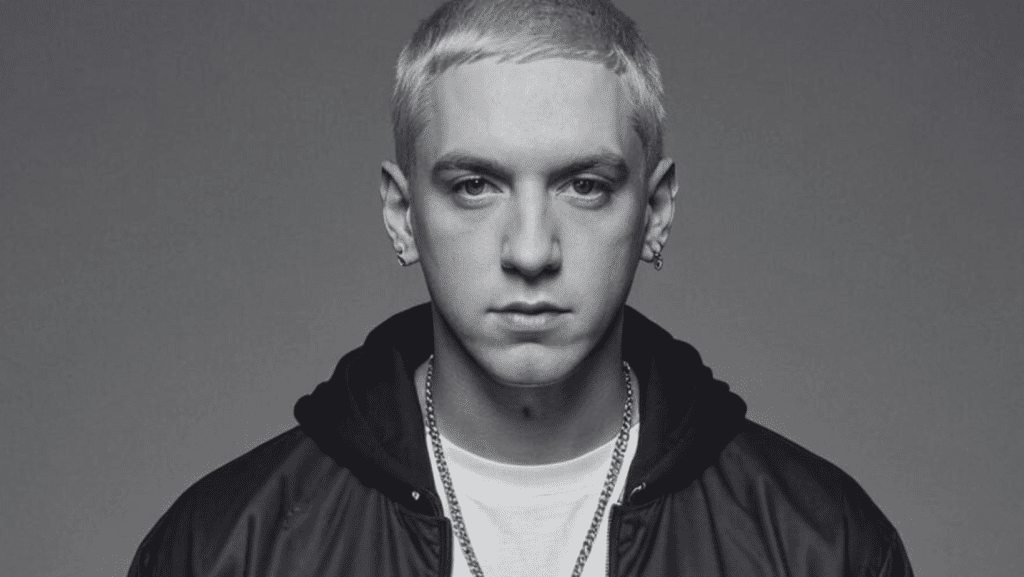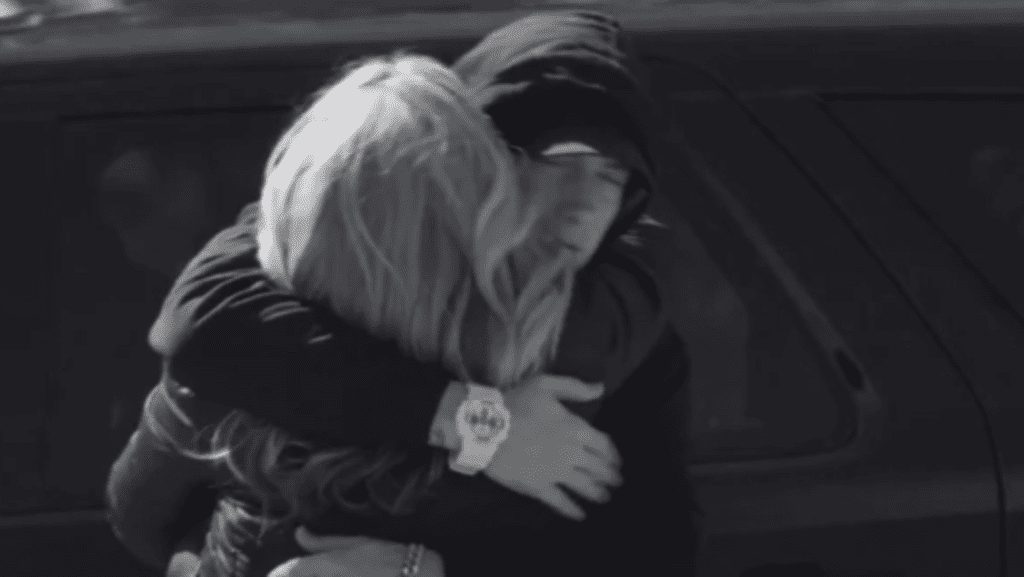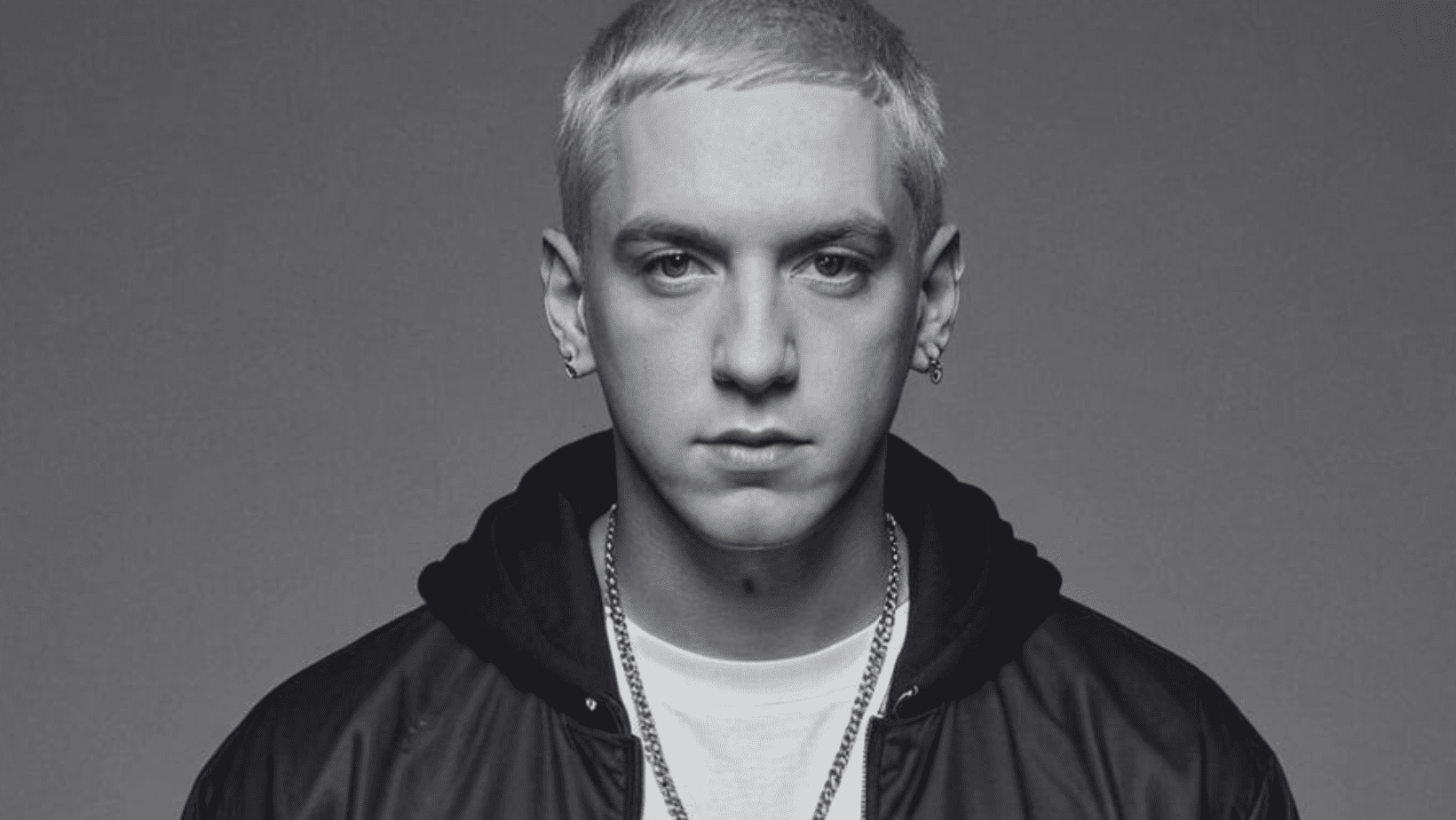

Hip-hop has long celebrated single mothers and their sacrifices. From Cee-Lo Green’s heartfelt tribute in Goodie Mob’s 1995 track Guess Who to 2Pac’s iconic “Dear Mama,” the genre frequently elevates mothers to revered status. In Dear Mama, 2Pac famously honored Afeni Shakur’s resilience, rapping, “Even as a crack fiend, momma / You always was a Black queen.” Similarly, Kanye West compared his late mother, Donda, to an elegant poem, while Jay-Z revealed the joy he felt when his mother, Gloria Carter, embraced her identity as a lesbian.
Eminem’s approach to his mother, Debbie Nelson, stood in stark contrast. In his music, Debbie was often portrayed as a villain, her alleged struggles with substance abuse a source of parody. On his 1999 breakout hit My Name Is, Eminem rapped, “I just found out my mom does more dope than I do!” His scathing track Cleanin’ Out My Closet culminated in the line: “I am dead: dead to you as can be!” This relentless criticism shocked many, drawing accusations of crossing a line and even leading Debbie to sue for defamation.
Eminem’s harsh lyrics reflected a turbulent era in pop culture, defined by shock value and boundary-pushing content. Yet his depiction of his mother felt particularly jarring within a genre that traditionally venerates maternal figures. As someone raised by a single, hardworking mother, I found hip-hop’s respect for struggling mothers deeply resonant. Eminem’s mom-bashing lyrics were a stark departure from this tradition.
Despite the hostility, Eminem and Debbie eventually found reconciliation. In his 2013 ballad Headlights, Eminem expressed regret for his past vitriol, rapping, “You’re still beautiful to me, ’cause you’re my mom.” The accompanying music video, where he embraces Debbie, marked a pivotal shift in his narrative—a move from bitterness to solidarity. Eminem acknowledged their shared resilience, calling them “survivors.”


Eminem and Debbie’s turbulent relationship underscores hip-hop’s capacity for empathy and healing. Even when revealing painful truths, the genre often leads to moments of reconciliation and respect. Artists like Biggie, who shared his mother’s cancer battle on Suicidal Thoughts, or Boldy James, who lamented neglect on Mommy Dearest, use their music to navigate complex maternal bonds. Hip-hop remains a space where men confront and honor their relationships with the women who raised them, emerging with a sense of catharsis and lighter shoulders.

